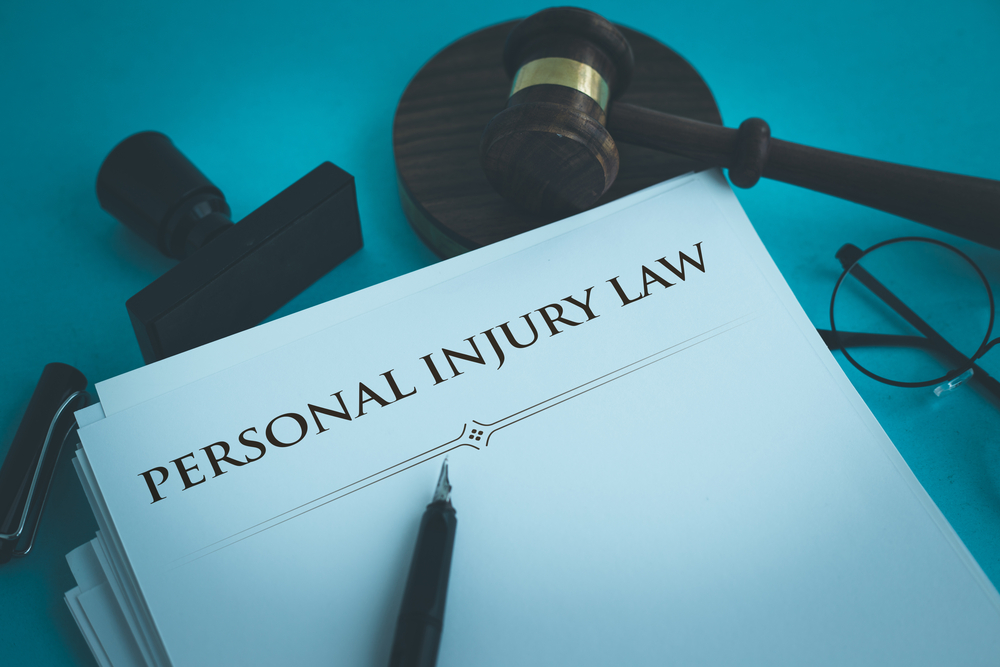If you are injured or get sick due to the negligence of another individual or entity, you may negotiate a personal injury settlement. The money may have tax implications.
- Money received to compensate you for bodily injuries is usually not taxable.
- However, personal injury settlement funds may be taxable in certain circumstances.
What is a Personal Injury Settlement?
Despite what you might see on television shows when one party sues another for a personal injury, the case rarely goes to trial. Usually, the parties negotiate and agree to a resolution. Personal injury settlements are the legally binding agreements the parties enter into voluntarily. The settlement usually involves an exchange of monetary compensation for the plaintiff in return for a release of liability and an agreement to cease litigation against the defendant.
Most cases settle to avoid the time and expense of going to court. Personal injury cases can drag on for years, and in the meantime, you may have medical bills to pay. Reaching a settlement agreement can help you get your money faster and move on with your life.
Will the IRS Take Part of My Settlement?
If you are the recipient of a personal injury settlement, you may wonder if you’ll have to pay taxes, either state or federal, on the funds you recover. In broad general terms, the funds you receive resulting from a personal injury settlement are not taxable at the state or federal level. However, tax law is extremely complicated, and you should always consult a tax professional to discuss the specifics of your situation. The answer depends on several factors and many things that may affect your tax liability.
The type of money you receive makes a difference in taxability.
- Compensatory damages or restitution describes money you receive in an effort to make you whole from your physical injuries or illness. Those funds are considered a reimbursement for the case-related medical expenses you have to pay.
- Compensation for emotional injuries, such as those you might suffer due to discrimination or emotional distress, is not the same as a physical injury.
- Punitive damages are awards meant to punish the defendant for particularly egregious actions and discourage others from making the same errors in judgment. Punitive damages awards can be significant, so be sure to consult a tax professional about minimizing any taxes you might owe.
- You may receive funds to compensate you for a loss of consortium and attorneys’ fees.
Where Can I Learn More?
If you need help with a personal injury compensation case, reach out to the compassionate and knowledgeable team at Hayhurst Law. We can help with all kinds of personal injury cases, from car accidents to medical malpractice and even wrongful death cases. Our attorney and staff members know how to help you get the money you are legally entitled to. We don’t take every personal injury lawsuit that comes through our doors, so you can trust that we’ll have the time to dedicate to your case. Contact us today, and let us be your personal injury lawyer.
Medical Malpractice

Common Types of Medical Malpractice Claims
Common Types of Medical Malpractice ClaimsJuly 9th, 2018By Hayhurst LawMedical malpractice claims stem from negligence...
Car Accident

How to Properly Handle and Avoid Roadway Incidents
How to Properly Handle and Avoid Roadway IncidentsAugust 13, 2018By Hayhurst Law One of the most dangerous places in...
Workplace Injuries

Hurt on the Job? Follow These 5 Important Steps
Hurt on the Job? Follow These 5 Important StepsMay 8th, 2018By Hayhurst LawSuffering a workplace injury can be just as...
![Dark-Logo[3]](https://hayhurstlaw.com/wp-content/uploads/2021/07/Dark-Logo3.png)

